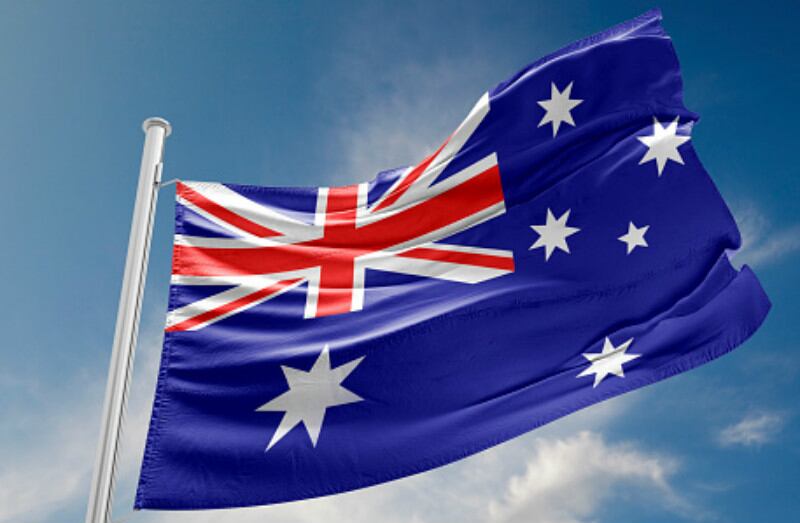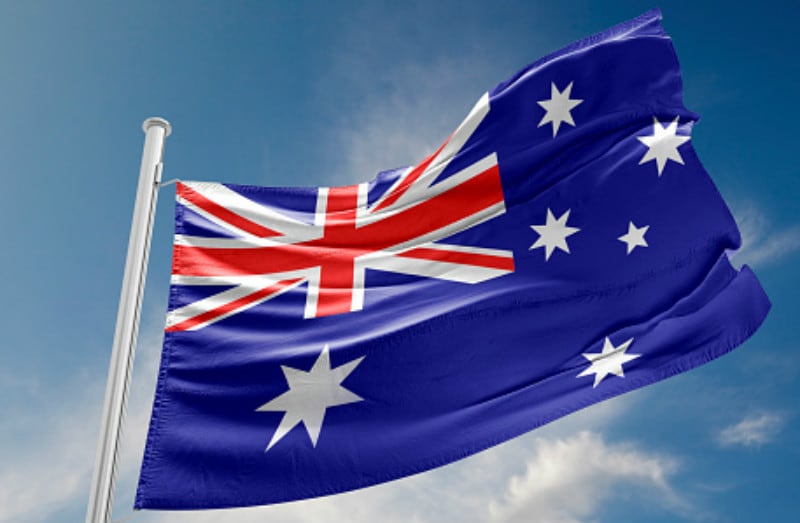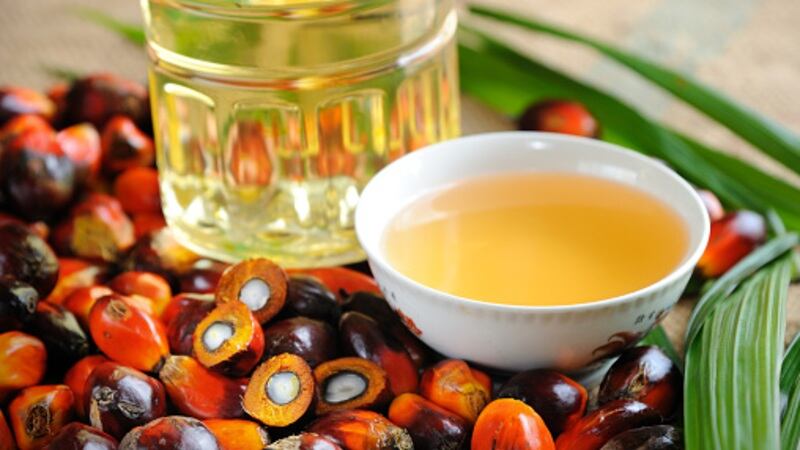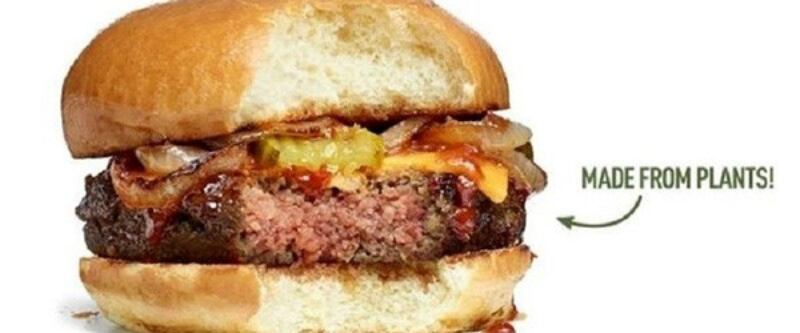That’s the view of the Australian Food and Grocery Council of the government’s recently-announced Modern Manufacturing Strategy, which recognises food manufacturing as one of the country’s six National Manufacturing Priorities.
The Modern Manufacturing Strategy was announced by Australian Prime Minister Scott Morrison as part of the country’s JobMaker Plan within the 2020-21 Federal Budget to ‘rebuild the economy, create jobs and recover from the COVID-19 recession’ in addition to creating a ‘new era of Australian manufacturing’.
According to Morrison, approximately A$1.5bn (US$1.08bn) will be invested in the strategy over the next four years to foster a ‘stable and competitive business environment [for] manufacturing, which is critical to Australia’s economic future’.
“Food and beverage manufacturing [has been] one of the fastest growing parts of our manufacturing sector in recent years and the largest employer in our manufacturing sector, [which is why it is a main] area of focus as part of this strategy” he said in a public speech.
“Australia’s status as a leading agricultural producer with a premium reputation for safe, clean produce gives us a real edge here, a vital edge.”
Morrison’s announcement has been met with a warm welcome by the Australian food and beverage industry, calling this the delivery of ‘much needed confidence’ for the sector.
“What this investment demonstrates is that they government knows that our sector is one with huge scale-up potential, particularly in export markets. [This strategy] is a strong acknowledgment that this sector will help get the economy back on track,” Australian Food and Grocery Council CEO Tanya Barden Helping Australian food manufacturers] become more competitive, resilient and scaleable [needs] the right policy settings to drive a step change in capital investment, which has been stagnant for a number of years because of a concentrated retail setting and rising input and regulatory costs.
“[This] announcement will encourage companies to invest in Australia, to support jobs in local economies, particularly in rural and regional areas, and to take advantage of Australia’s supply of clean agricultural inputs and strong food safety system.”
She also seconded Morrison’s statement about the Australian F&B industry’s reputational advantage and that the strategy would have much to leverage from this.
“The Modern Manufacturing Strategy makes the most of the food and beverage sector’s natural competitiveness, which arises from being able to source quality agricultural inputs and process them to global best safety and quality standards,” she said.
“[In addition to] how critical our sector is in providing everyday essentials, [it also] creates jobs and significantly contributes to local and national economies, [so it is no surprise that] Australians and our political leaders overwhelmingly want a local, value-adding food and beverage manufacturing industry.”
In addition to food and beverage, the other five National Manufacturing Priorities identified by the Australian government are: Resources, Medical products, Clean energy and recycling, Defence and Space.
High-value focus
A more detailed look at the strategy on the Department of Industry, Science, Energy and Resources (DISER) website shows that Australia will be more focused on moving towards generating high value-add manufacturing for this, including within food and beverage manufacturing.
This will include a focus on pre- and post-production investment (R&D, design, logistics, etc.) especially with the use of digital technology.
“In Australia, we are moving [to] specialised production [but] have not yet evolved to a stage where production is geared towards more complex, high value-add manufacturing,” said DISER
“Successful manufacturing businesses [mostly specialise] in the design or manufacture of products [further down the supply chain with the help of] digital technologies - We must encourage more of our manufacturers to make this shift to high-value revenue streams.”
In the Modern Manufacturing Strategy final report, the government further emphasised that the strategy aims to enable food and beverage manufacturers capture new manufacturing opportunities along the value chain by initiatives such as assessing current business conditions (e.g. tax, regulations, trade), boosting relevant R&D and driving tech adoption.
“Food and beverage manufacturers can transform the nutritional value and shelf life of local produce, helping Australia to capitalise on growing global demand for premium food offerings,” said the report.
“[To help maximise this potential, we] are also establishing the A$107.2mn (US$77.3mn) Supply Chain Resilience Initiative, an internationally competitive Simplified Trade System and [providing] A$454.2mn (US$327.6mn) to the CSIRO to ensure our world-class science, research and innovation capabilities can continue to work for industries [such as F&B].”





